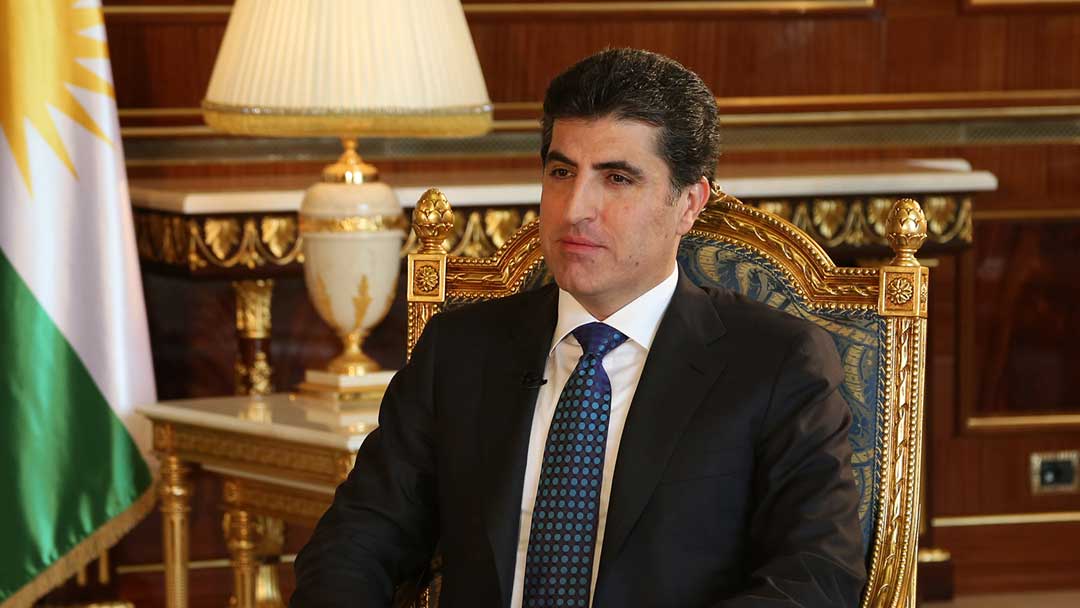Despite the efforts by the leadership of Iraqi Kurdistan to maintain peaceful relations with the government of Iraq, Iraq continues to punish the Kurds for desiring to exercise their right to self-determination.
Relations between the Kurdish Regional Government (KRG) and the Iraqi federal government have been strained since a referendum for independence was held in Iraqi Kurdistan last year, further complicating matters in post-ISIS Iraq. Even prior to the referendum, relations weren’t particularly good, as the KRG hadn’t received its share of the federal budget since 2014.
Iraqi forces used the referendum as a pretext to launch a military offensive against troops from the Kurdish Peshmerga stationed in Iraqi Kurdistan, seizing control of the oil-rich city of Kirkuk and other disputed areas.
Despite this initial wave of violence, the KRG opted to avoid military confrontation, and have instead focused on solving the crisis via dialogue. Prime Minister Nechirvan Barzani has been praised for his role in preventing an outright war with Baghdad and leading the autonomous region throughout the crisis. The Washington Times even said that he deserves the Nobel Peace Prize.
PM Barzani met with a number of world leaders, including German Chancellor Angela Merkel and Iranian President Hassan Rouhani, to pressure the Iraqi government to negotiate and resolve the crisis based on Iraq’s constitution. He will also attend the upcoming Munich Security Conference to facilitate cooperation between the KRG and the international community to bolster global security.
Despite all these meetings, the KRG and Iraq’s federal government are yet to fully normalize ties, and airports in Iraqi Kurdistan remain closed despite promises from Baghdad to lift the blockade.
PM Barzani has personally criticized Iraq’s reluctance to left the flight ban, saying “It is very unfortunate that a government wants to punish its own citizens in this way. If they talk about imposing civilian aviation authority, we have already said that we are prepared for that. We are ready to receive them, to talk and accept that.”
Iraqi Kurdistan’s share of Iraq’s 2018 federal budget is another area of disagreement, with the KRG insisting that they should receive 17% of the budget, while Baghdad has said they are only willing to offer them a 12.6% share.
The KRG claims to have not received any funding from Baghdad since 2014 and were reliant on oil exports to fund public services. However, its oil revenue was slashed after it lost control of Kirkuk last year, placing Iraqi Kurdistan under financial strain, thus, rendering the budget negotiations a priority for the KRG.







